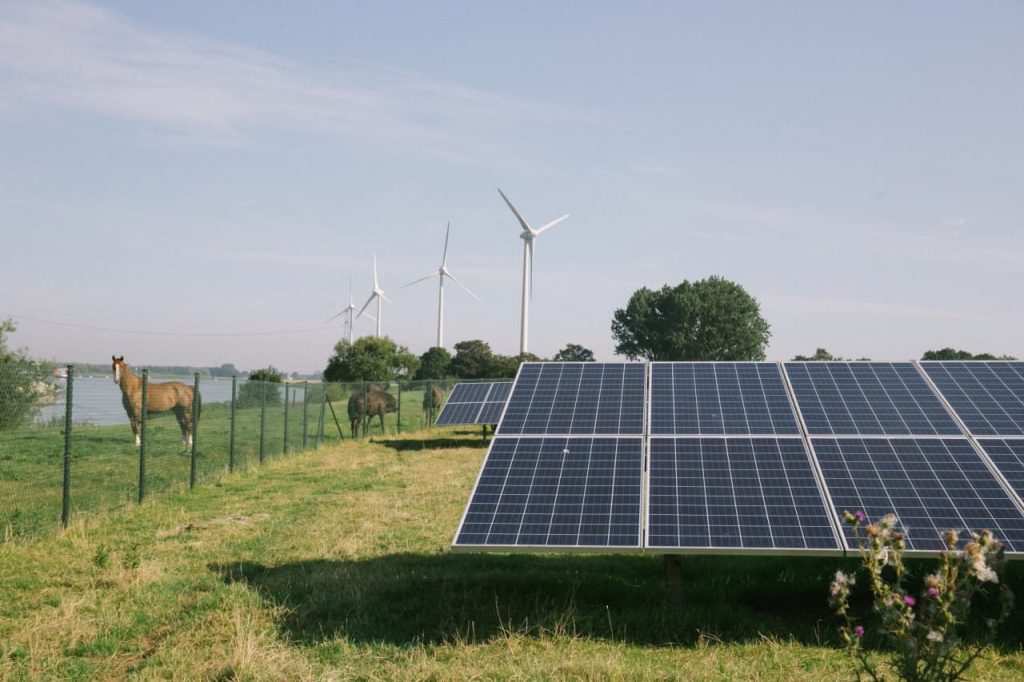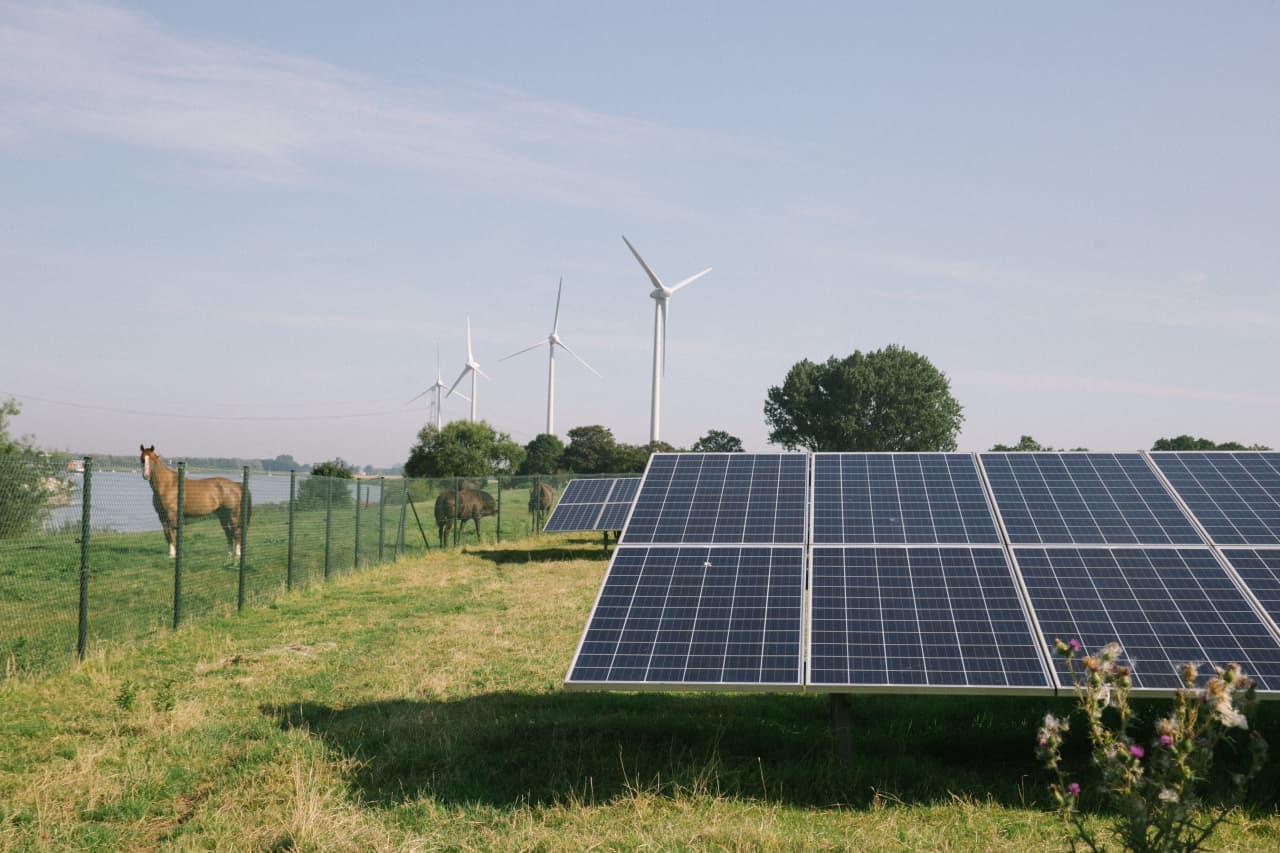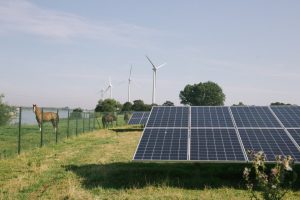Greece is working hard to green its energy mix, with renewable energy generation already covering over half of the country’s electricity production on many days. But success has brought new challenges — especially when clean energy supply exceeds demand. Over the March 25 holiday weekend, Greece narrowly avoided blackouts, offering a glimpse into the complex balancing act behind the country’s energy transition.
Greece’s electricity system is managed by two main operators called IPTO (ADMIE), responsible for the high-voltage transmission network, and HEDNO (DEDDIE), which handles distribution to homes and businesses.
Both are navigating an increasingly tricky task: ensuring grid stability while integrating rapidly expanding solar and wind capacity, often in real-time and with limited storage.
Over the Greek Independence Day holiday weekend, cloudy skies and African dust acted as an unexpected safeguard. They dimmed solar output at exactly the right time — when energy demand was low — preventing the oversupply that can destabilize the system.
Why Oversupply Is a Problem
But based on Greece’s weather patterns in the spring, this temporary relief won’t last. With Easter approaching, grid managers are preparing for a more serious test. If the weather is clear, solar and wind output could overwhelm the system during a period of traditionally low demand.
On March 26, Vice President of the national energy regulator RAAEY — met with IPTO and HEDNO to prepare for the Easter holiday, when grid stress may peak. The challenge at hand is how to handle the possible overproduction of up to 5.3 GW of renewable electricity.
In spring and autumn, Greece’s abundant sunlight and wind coincide with mild temperatures — meaning energy demand drops just as renewable generation spikes. Without grid-scale batteries or demand-side flexibility, this creates instability.
The solution? Curtailing (cutting back) renewable output. But curtailment isn’t simple — or popular. Many solar plants lack remote shutdown capabilities. About 3.5 GW of solar projects connected to HEDNO’s network must be shut down manually by owners when asked. To ensure compliance, Greece has previously announced that it plans to impose fines: €500 per MWh, rising to €1,500 for repeated failures.
Last Easter, Greece averted disaster by exporting electricity to neighboring countries. But this year, Catholic and Orthodox Easter coincide, meaning nearby markets may also have energy gluts and less appetite for imports. That limits Greece’s ability to offload excess power.
There are also gaps in the legal framework. A proposed regulation to redistribute subsidies more fairly among renewable producers affected by curtailments is still under public consultation. And a legal provision protecting system operators from lawsuits over emergency shutdowns was drafted but never advanced to Parliament.
Greece’s efforts reflect a broader challenge seen across Europe: how to build a renewable-powered grid that is not only clean but also resilient and flexible. As more solar and wind come online, especially without adequate storage or smart grid tools, countries like Greece are facing difficult trade-offs between clean energy expansion and system stability.






